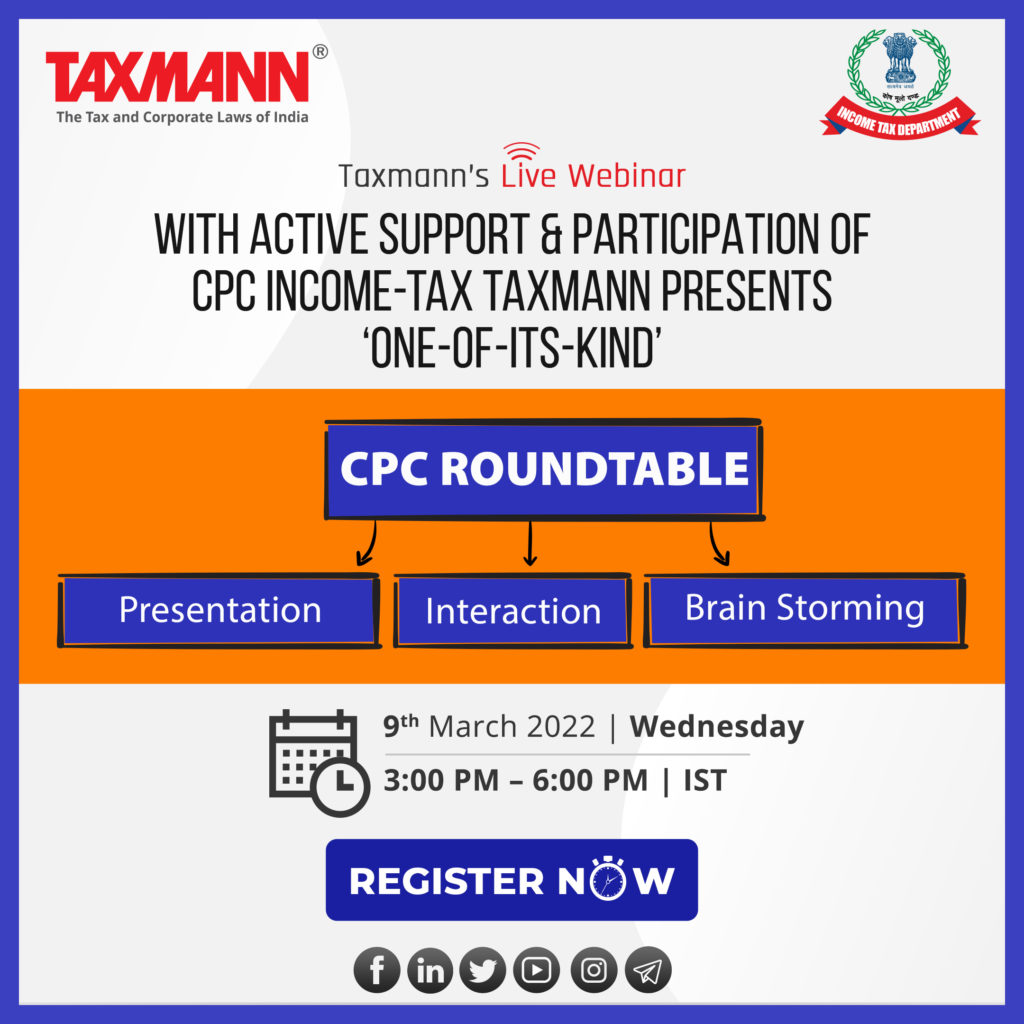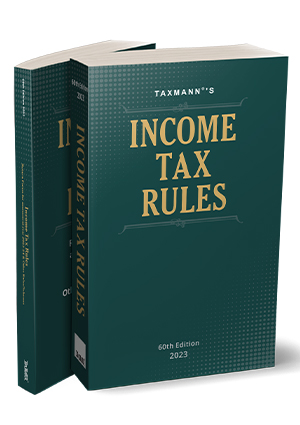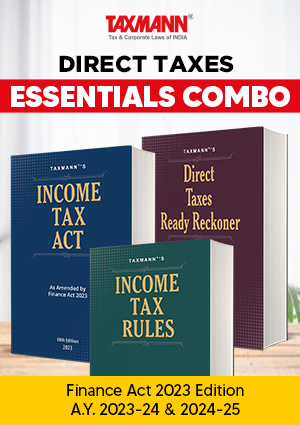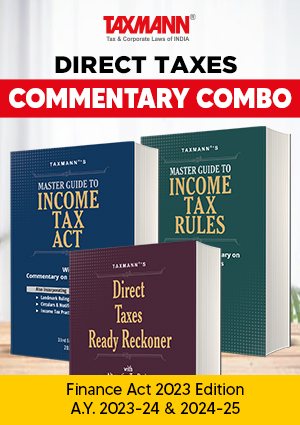HC condoned delay of 6 years in filing revised ITR
- Blog|News|Income Tax|
- 2 Min Read
- By Taxmann
- |
- Last Updated on 5 March, 2022
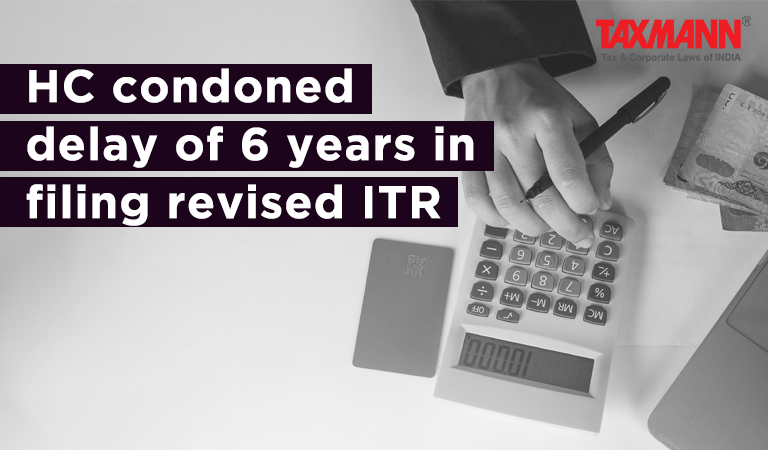
Case Details: Devendra Pai v. ACIT - [2022] 135 taxmann.com 196 (Karnataka)
Judiciary and Counsel Details
-
- S. Sunil Dutt Yadav, J.
- S. Shankar, Sr. Adv. and S. Parthasarathi, Adv. for the Petitioner.
- E.I. Sanmathi, Adv. for the Respondent.
Facts of the Case
The assessee was a retired bank employee. He availed of the early retirement scheme but did not claim the benefit of exemption under section 10(10C) in his return of income. An intimation under section 143(1) was issued to the assessee accepting the return filed by the assessee.
Assessee sought exemption under section 10(10C) by filing a rectification application through a letter. However, no order had been passed on said letter. Later, the assessee decided to seek condonation of delay to file a revised return by applying section 119(2)(b). However, said application was rejected because it was filed beyond a specified period of 6 years. The assessee filed a writ petition before the High Court.
High Court Held
The Karnataka High Court held that the assessee had sought relief by rectification. As AO passed no order, the assessee decided to seek condonation of delay to file a revised return by an application under section 119(2)(b).
If an order had been passed regarding the rectification application, the assessee might have gotten relief at that end itself. As no order was passed, the assessee then sought for condonation of delay to file a revised return. However, the assessee’s application for condonation of delay under section 119(2)(b) was rejected because the same was filed beyond the period of 6 years.
The CBDT vide Circular No. 014 (XL-35), dated 11-4-1955, had issued administrative instructions for the guidance of Income-tax Officers on matters pertaining to assessment. It was clarified in the circular that the tax officers should not take advantage of an assessee’s ignorance to collect more tax out of him than is legitimately due to him.
Accordingly, considering the facts, it seems to be a fit case for considering the revised return on its merits. Thus, the delay was to be condoned, and the application under section 119(2)(b) was allowed.
List of Cases Referred to
-
- L. Hirday Narain v. ITO [1970] 78 ITR 26 (SC) (para 8)
- Ramco Cement Distribution Co. (P.) Ltd. v. Dy. CTO [1974] 33 STC 180 (Mad.) (para 9).
Check out Taxmann's Live Webinar with CPC Income-Tax! The 'One-of-a-Kind' – CPC Roundtable Presentation | Interaction | Brain Storming 🗓️ 9th March 2022 (Wednesday) | 🕒 3:00 PM – 6:00 PM (IST) 👩💻👨💻 Register Now for FREE! (Limited Slots Available): https://taxmann.social/HxkX 💬 ASK from CPC You can also raise your concern(s)/suggestion(s) with CPC regarding Registration, E-filing, Processing, Refund and Rectification related issues. CPC officers will take up the issues during the live event. Coverage of the Webinar & the Speakers: ✔️ Welcome Address & Moderator| Mukesh Patel | International Tax Expert ✔️ Keynote Address | Dr Sibichen Mathew | Director of Income-tax | CPC-ITR
Disclaimer: The content/information published on the website is only for general information of the user and shall not be construed as legal advice. While the Taxmann has exercised reasonable efforts to ensure the veracity of information/content published, Taxmann shall be under no liability in any manner whatsoever for incorrect information, if any.

Taxmann Publications has a dedicated in-house Research & Editorial Team. This team consists of a team of Chartered Accountants, Company Secretaries, and Lawyers. This team works under the guidance and supervision of editor-in-chief Mr Rakesh Bhargava.
The Research and Editorial Team is responsible for developing reliable and accurate content for the readers. The team follows the six-sigma approach to achieve the benchmark of zero error in its publications and research platforms. The team ensures that the following publication guidelines are thoroughly followed while developing the content:
- The statutory material is obtained only from the authorized and reliable sources
- All the latest developments in the judicial and legislative fields are covered
- Prepare the analytical write-ups on current, controversial, and important issues to help the readers to understand the concept and its implications
- Every content published by Taxmann is complete, accurate and lucid
- All evidence-based statements are supported with proper reference to Section, Circular No., Notification No. or citations
- The golden rules of grammar, style and consistency are thoroughly followed
- Font and size that’s easy to read and remain consistent across all imprint and digital publications are applied

